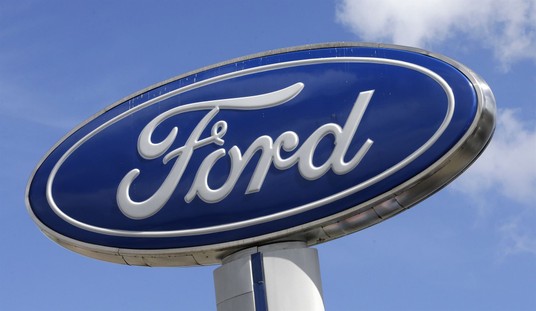Previous installments of this series: Massachusetts, Minnesota, Virginia, Arkansas, Alabama, Vermont, Georgia.
Everything is bigger in Texas, even Presidential primaries. All eyes are on the Lone Star State this Tuesday as voters cast their ballots, while Texas polls still show a close race between Trump and Cruz for the winner, with Rubio not far behind. And with 155 delegates at stake, Texas has the power to make or break several candidates’ chances of being the last man standing.
Polls
The latest Monmouth poll shows Cruz with a 15 point advantage over the other candidates. But a poll from Emerson shows Cruz up by only 1 point, while a TEGNA/SurveyUSA poll has him tied with Trump at 32 percent, with Rubio coming in at 17 percent.
An NBCNews poll just released yesterday shows Cruz at 39 percent and Trump at 26, with Rubio trailing at 16. The poll was taken before the debate, however, and before Rubio handed Trump his lunch both during the debate and at his rally the next day.
RealClear Politics averaged all the latest polling data to show Cruz at 34.8, Trump at 26.7, Rubio at 17.8, Kasich at 6.8, and Carson at 5.8.
Delegates Allocated
Texas has 155 delegates, dividing them proportionally so long as no candidate gets over 50 percent of the vote. The likelihood of any one candidate in this race getting over 50 percent of the vote is next to impossible, so proportional allocation will be the way delegates are distributed in Texas.
However, there is a 20% threshold candidates must overcome before they are awarded any delegates. So, with Cruz and Trump vying for first, Rubio needs an extra push over the threshold to be awarded any Texas delegates.
There are three delegates in each of the 36 congressional districts. The majority of the delegates- 108- will be determined based on the outcome in each congressional district and not the statewide outcome. The winner in each district will receive 2 delegates, while the runner-up will receive 1 delegate.
The 47 at-large delegates remaining will be allocated based on the statewide results.
In-State Endorsements
Last Wednesday, Ted Cruz officially received the endorsement of Governor Greg Abbott, giving him his first endorsement by a current governor. Former Governor Rick Perry, who courted the candidacy for a short time this election, has also backed Senator Cruz. Governor Perry is the longest-serving governor in the history of the state.
Rep. Louie Gohmert, Rep. Michael Burgess, Rep. John Culberson, and Rep. John Ratcliffe are all backing Ted Cruz as well.
Campaign Stops
Rubio stopped in downtown Dallas on Friday, where he stood in front of a large crowd and practically annihilated Donald Trump, which he should have started doing months ago. If you missed it, it is definitely worth a watch. Marcomentum was palpable.
Trump was down the road in Fort Worth on Friday as well, where he was endorsed by Governor Chris Christie, who apparently has a desire to finish his career as a joke.
Ben Carson made a stop in the Dallas area on Saturday morning, and 300 people actually showed up to hear him speak. He told the audience that he believes Texas is where he will begin his comeback to eventually become the GOP nominee.
Ted Cruz will stop at the famous Gilley’s country western club in Dallas this morning to hold a last-minute rally and hopefully capture some Texas pride with Governors Abbott and Perry.
Prediction
Ted Cruz will win by a safe margin on Tuesday, with 39 percent of the votes. Trump will follow behind at 26 percent. Rubio will earn a few points for his standout performance the week before with 20 percent, just making the threshold to receive delegates. Carson and Kasich will make up the remaining 15 or so points somehow, and hopefully drop out soon after.
Conclusion
It will be a make or break day for Senator Cruz who needs to win by a healthy margin in his home state, and Trump will unfortunately continue to gain steam. Texas is just as important to Rubio, whose path becomes increasingly harder to manage if he does not meet the 20 percent threshold to receive any delegates.
Interestingly enough, WFAA in Texas conducted a poll that showed Marco Rubio winning the general election in November by the widest margins in Texas. According to the poll, Rubio would beat Clinton 51 to 41, and Sanders 50 to 40.













Join the conversation as a VIP Member